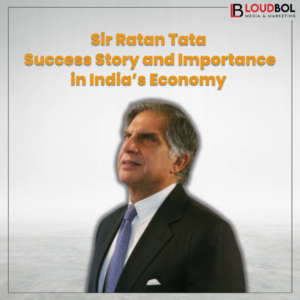The digital landscape has evolved dramatically over the past two decades. Search engines, once the sole arbiters of online information, are now sharing the spotlight with a new contender: social media. Platforms like Facebook, Instagram, Twitter, and TikTok have become integral parts of our daily lives, influencing how we consume content, interact with others, and, increasingly, discover information.
This raises a compelling question: is social media poised to supplant search engines as the primary gateway to online content?
According to Statista, the number of social media users worldwide is expected to reach 4.57 billion by 2025. This growth highlights the increasing importance of social media in people’s lives.
A study by Pew Research Center found that 80% of Americans use social media to get news and information. This suggests that social media is becoming a primary source of news for many people.

The Rise of Social Media as a Knowledge Hub
Social media platforms have morphed from simple networking tools into sophisticated knowledge hubs. Users can now share text, images, videos, and even live streams, creating a vast repository of information on virtually any topic. This democratization of content creation has led to a surge in user-generated content (UGC), which often provides valuable insights and perspectives that are not readily available on traditional search engines.
Moreover, social media algorithms are becoming increasingly adept at understanding user preferences and interests. By analyzing user behavior, these algorithms can curate personalized feeds that are filled with relevant content. This targeted approach can make social media a more efficient way to discover information compared to traditional search engines, which often require users to refine their queries to get the most relevant results.
Social Media’s Impact on Information Discovery

The rise of social media as a knowledge hub has had a profound impact on how people discover information online.
Key Reasons for Social Media’s Rise as a Search Engine:
Personalization: Social media algorithms are designed to tailor content to individual users based on their interests, interactions, and networks. This means users are more likely to encounter relevant information and recommendations.
Real-time Information: Platforms like Twitter and Reddit are excellent for tracking breaking news, current events, and trending topics. Users can discover discussions, opinions, and updates in real-time.
Community and Engagement: Social media fosters communities and encourages user interaction. This can be valuable for finding answers to specific questions, getting recommendations, or participating in discussions.
Visual Content: Platforms like Instagram and TikTok prioritize visual content, making them ideal for searching for images, videos, and tutorials.
Influencer Marketing: Social media influencers can shape trends and recommendations, influencing what users search for and consume.
Limitations and Considerations:
Algorithm Bias: Social media algorithms can sometimes reinforce existing biases or limit exposure to diverse viewpoints.
Quality Control: While social media can be a great source of information, it’s important to critically evaluate the credibility of content.
Privacy Concerns: The increasing role of social media in information discovery raises concerns about data privacy and surveillance.
In conclusion, while traditional search engines still hold a strong position, social media platforms have become essential tools for many people’s information-seeking needs. As technology continues to evolve, it’s likely that the lines between these two types of search will blur even further.




Average Rating